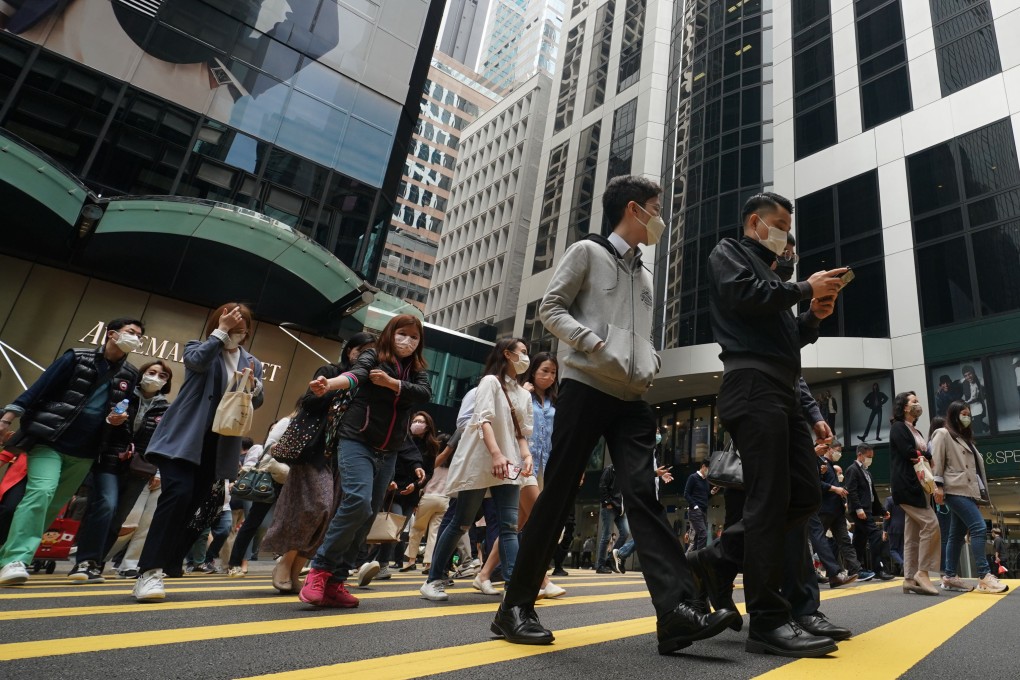Letters | There is a reason employers object to the civil service pay rise
- Readers discuss why private sector representatives turn public sentiment against civil service pay rises, and why the government should raise the minimum wage

It is obvious that some employers would prefer not to acknowledge the pay rise suggestion, because that would raise expectations among employees which not all employers would like to meet. And on whose side do the HR experts stand? Is the HR manager’s job to help staff fight for a higher pay rise? Or is it to help the company get the best workers for the cheapest price, to increase profits? Would it also be the HR manager’s role to help the company implement lay-offs to cut costs when it wants to?
The public, comprising mostly employees, should bear this in mind when HR experts are attempting to divide the civil service and the public over pay trends and turn public sentiment against civil service pay rises.
Is it fair to expect civil servants to absorb the damage? Is it wrong for the government to be a responsible employer and provide stability for its employees?